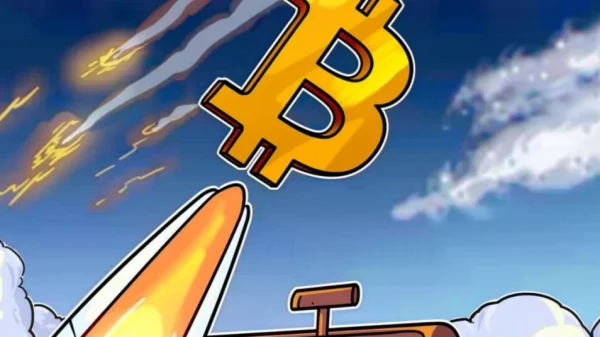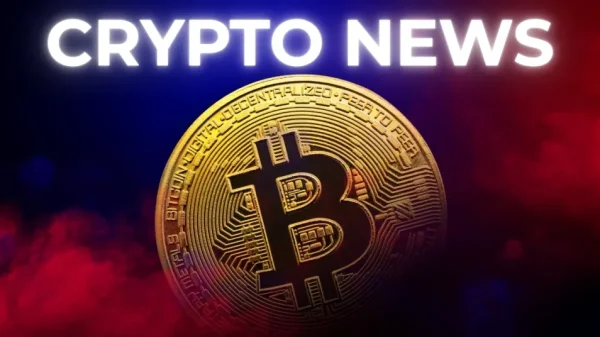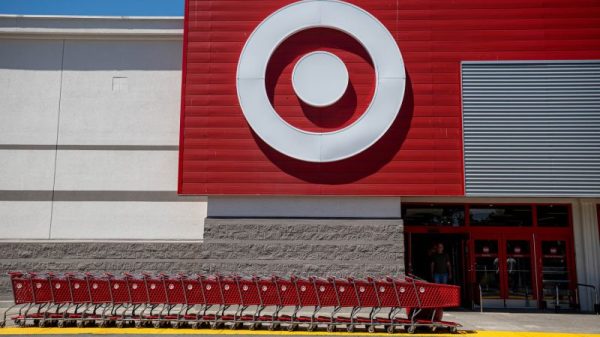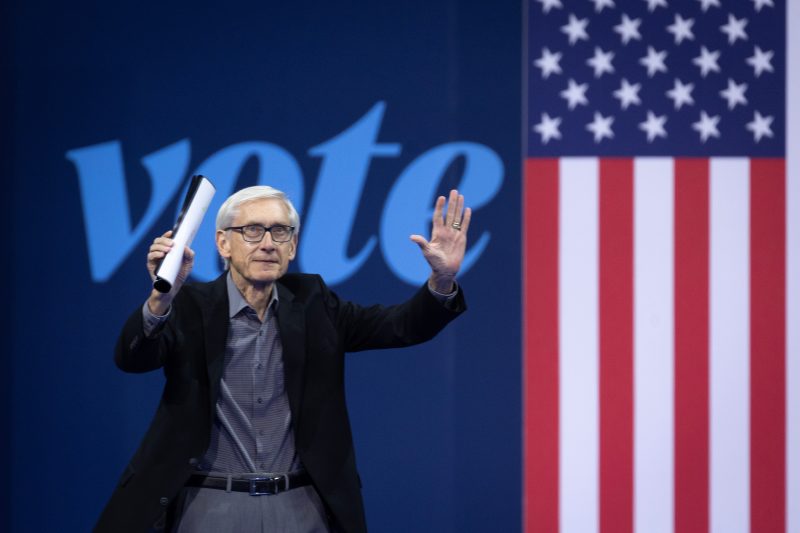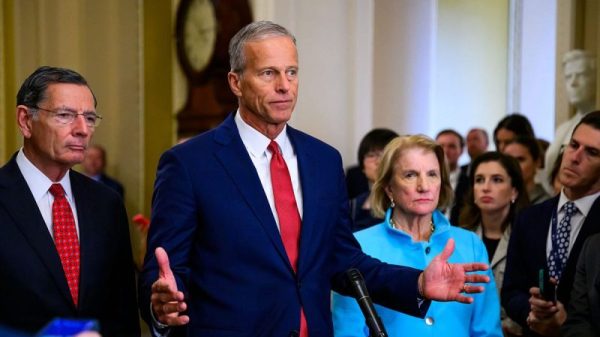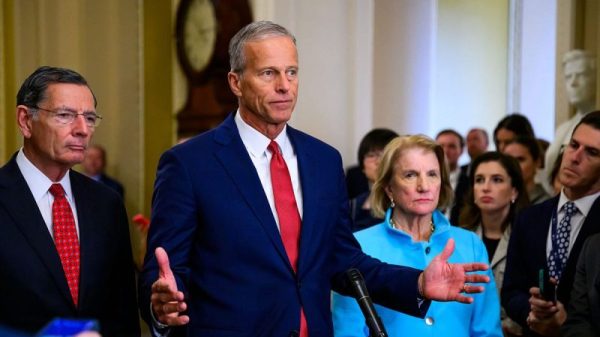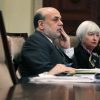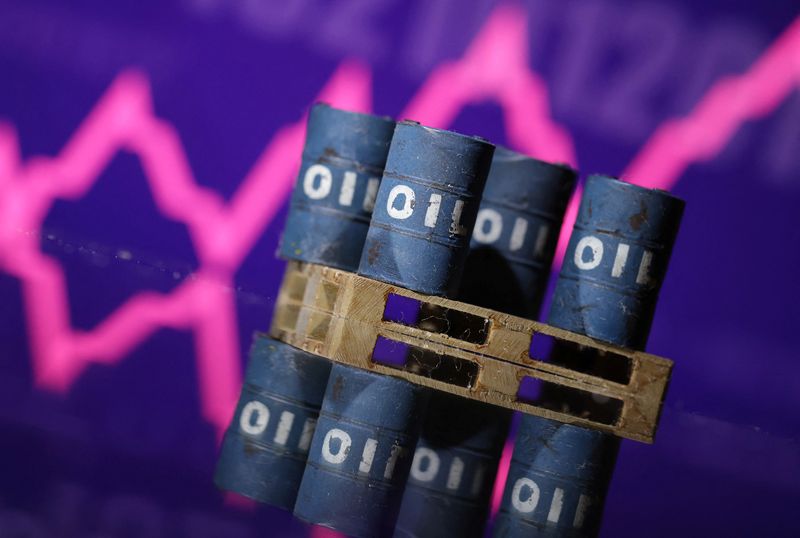
Investing.com — The euro area’s Harmonized Index of Consumer Prices (HICP) inflation matched expectations in December, with a year-over-year increase of 2.44% and a month-over-month rise of 0.1%. This figure is slightly higher than the previous month’s rate of 2.24%. The core HICP, which excludes volatile components like food and energy, also met forecasts at 2.7% year-over-year.
Energy prices, which often influence inflation rates, contributed significantly to the rise. However, this impact is not expected to concern the European Central Bank (ECB). Service prices showed a stronger increase than anticipated at 4.0% year-over-year, while goods prices increased by 0.5%, slightly below expectations.
At the country level, Germany reported a higher-than-expected inflation rate of 2.9% year-over-year. This was primarily due to a rise in core inflation, although changes in the calculation method for the Consumer Price Index (CPI) in December make it challenging to discern clear trends. In contrast, the inflation data from Italy and the Netherlands did not meet expectations, balancing the overall inflation figures for the euro area.
Deutsche Bank (ETR:DBKGn) analysts commented on the inflation data, indicating that the ECB’s approach to policy-making focuses on broader economic trends rather than individual data points.
They noted that while the annual rate of services inflation has remained close to 4%, there has been a slowdown in the momentum of service price increases. Domestic inflation is still high but is beginning to decelerate, and wage growth is also moderating.
Deutsche Bank maintains a positive outlook, anticipating that the slowing pace of service inflation will contribute to a return to lower overall inflation rates. They expect HICP inflation to drop below the ECB’s 2% target starting from February. If these projections hold, the ECB could potentially adopt sub-neutral policy rates in 2025.
Today’s inflation figures, which did not show any significant negative surprises, support the prediction that a cautious easing of policy during the ECB’s January meeting remains the most likely course of action, the economists concluded.
This article was generated with the support of AI and reviewed by an editor. For more information see our T&C.

